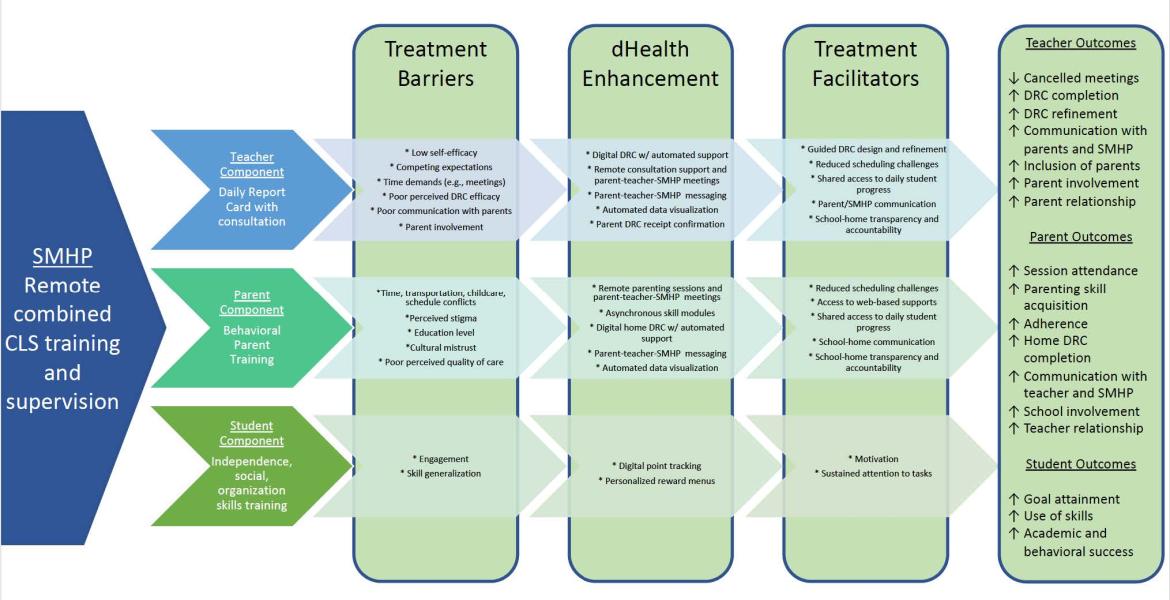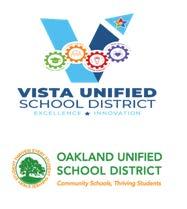
The Collaborative Life Skills Program’s (CLS) effectiveness is well established (learn more about how CLS is having a positive impact on San Francisco schools: https://psych.ucsf.edu/news/360-degree-approach-adhd-working-local-schools.) This four-year project aims to enhance the feasibility and usability of CLS in contexts with limited resources by leveraging digital health technology. In collaboration with San Diego State University and the Vista and Oakland Unified School Districts, we will develop a mobile health application to support CLS implementation.
The project aims to:
Aim 1: Develop a mobile health-supported adaptation of CLS (CLS-D) for implementation in schools with limited resources that serve low-SES students. Based on a user-centered design approach, we will engage panels of key stakeholders, including SMHPs, teachers, students with ADHD from low-SES families, and their parents to inform the iterative (1) adaptation of CLS content and structure to fit the target school settings, and (2) development of a mHealth prototype designed to support CLS implementation. We will also adapt CLS training and fidelity monitoring protocols, and cost evaluation tools to fit the adapted model.
Aim 2: Test the usability, feasibility, and acceptability of CLS-D among SMHPs, teachers, parents, and students. We will conduct a series of usability tests with stakeholder panels to inform the refinement of the dHealth prototype. We will then conduct open trials of CLS-D at each site, followed by focus groups with participants to assess whether it is usable, can be feasibly implemented, is perceived favorably, and results in improved student outcomes. We will refine CLS-D, including the mHealth prototype, training and fidelity monitoring protocols, and cost evaluation tools throughout these trials, as needed.
Aim 3: Evaluate the feasibility and impact of CLS-D on student outcomes relative to typical school services. We will conduct a randomized pilot trial comparing CLS-D to business as usual (BAU) to determine if it can be implemented with fidelity, estimate the costs and resources needed to support its implementation, and evaluate its effects on proximal and sustained educational outcomes in schools with limited resources serving students from low-SES backgrounds.
Findings have the potential to significantly increase access to evidence-based practices for youth with attention and behavior challenges and their families.
This project is funded by a 4-year (2024-2028) grant from the National Center for Special Education Research, Institute for Education Science, “Extending the Reach of Evidence-Based Practices to Support Student Attention and Behavior Through Technology” R324A240184 (PI: Miguel Villodas, PhD, SDSU; Co-PI: Linda Pfiffner, PhD, UCSF)







